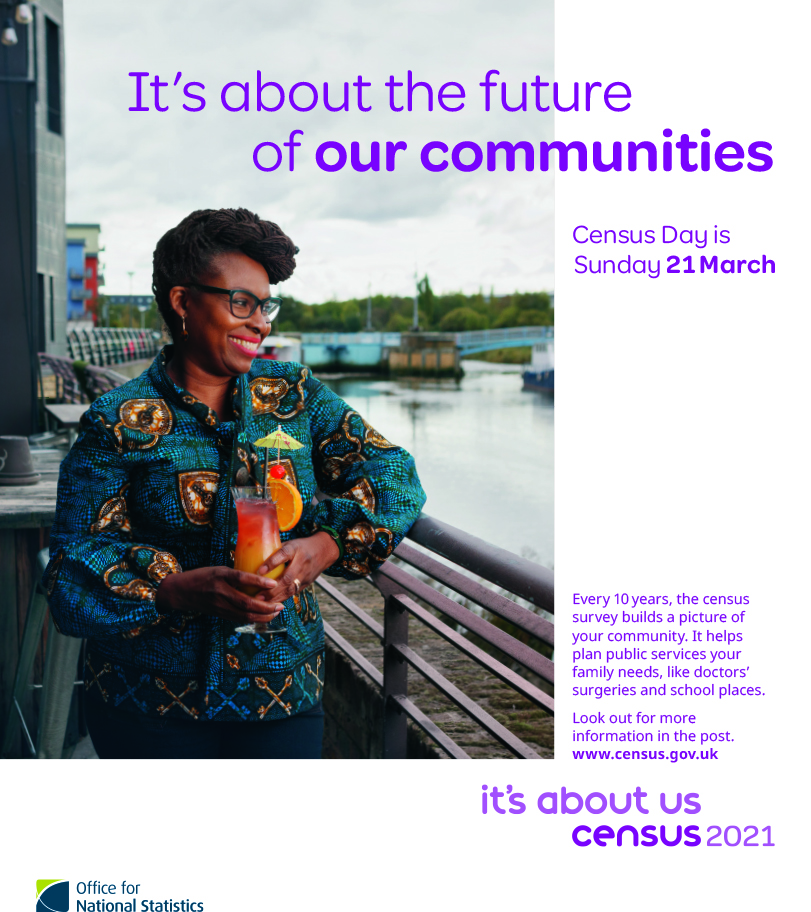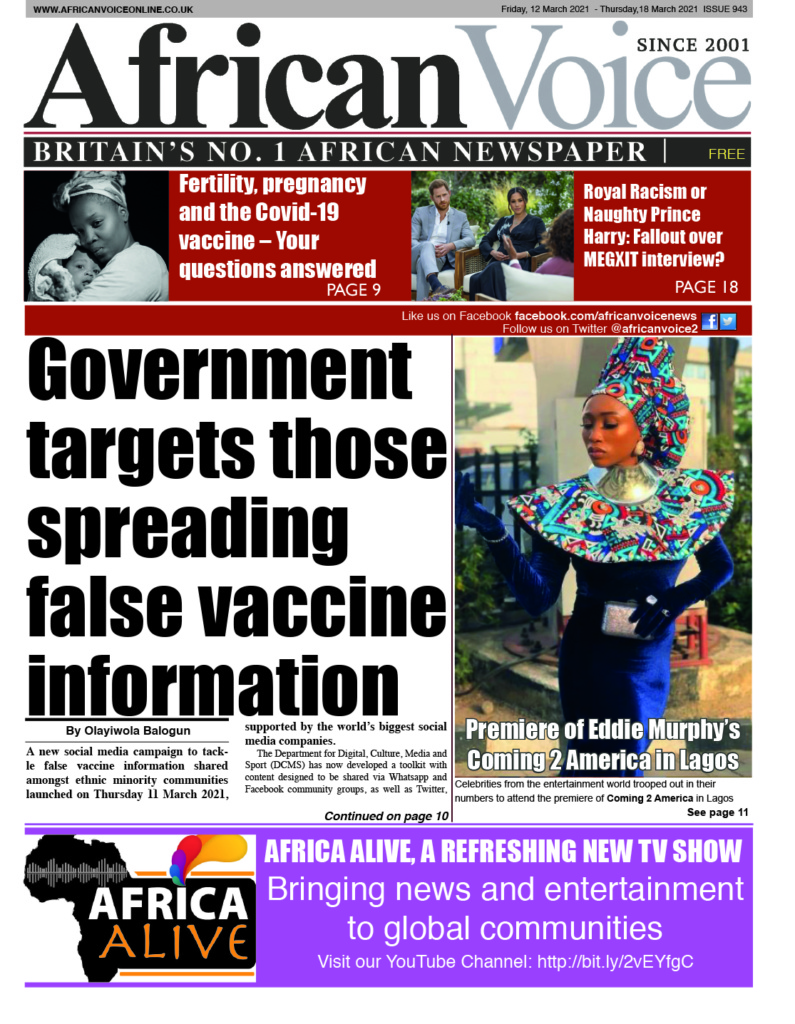
The independent NHS Race and Health Observatory is urging black and minority ethnic communities to complete this years’ national census survey to help capture information on the overall health conditions of ethnic minority households across England.
Letters have been sent out this week by the Office of National Statistics (ONS) with an online access code to complete the online survey by Sunday 21 March, or shortly after.
“An understanding of how people are faring, particularly during this pandemic, will help us determine how we help them in the future. We need people to complete the Census to obtain a more accurate picture on health conditions and caring responsibilities within black and minority ethnic households,” said Dr Habib Naqvi, director of the independent health body.
As the census is primarily online for the first time, with an ONS target of 75% electronic returns, the Observatory is reminding those who may not have English as a first language, or older people without access to computers, that additional free support – via phone advice, text, email or webchat – is available from the ONS.
Forms are also available for those who prefer paper format.
Office for National Statistics, Census Director, Pete Benton, said: “Census 2021 will provide a rich snapshot of who we are as a nation – the size and structure of the population, the social and economic changes to our lives in light of the pandemic and EU exit, and our employment, education and health. The information it provides will inform decisions for years to come on public services, including hospitals, schools, houses and education, to meet the needs of our changing society.
“The Census is coming at a point that will be absolutely fundamental to our long-term understanding of the impact of Covid-19, and will help us to both learn from and plan for the impacts of the pandemic across different communities.”
Census 21 is only available in English and Welsh languages, however the ONS also has additional guidance and translation support in place for those that need it.
Health inequalities have been amplified by the Covid-19 pandemic, which has led to alarming numbers of black and minority ethnic people being infected and, subsequently, dying from the virus.
Data captured from the 2021 census households will include responses on:
- household makeup including the ethnicity of household members
- individual data covering physical or mental health conditions expected to last 12 months or more
- the help and caring support provided to others
- questions around religion, qualification and employment status
NHS Race and Health Observatory board member, and Professor of Sociology at the University of Manchester, James Nazroo, said: “The information provided by the census will give a comprehensive coverage of the UK population, and the insights it provides in relation to ethnicity and health will, alongside other important sources of information, help inform future Observatory decisions and priorities in tackling the health concerns that are faced by ethnic minority communities.”
Results of the 2021 census will not be known for 12 months.
Dr Habib Naqvi, Director of the NHS Race and Health Observatory, added: “The vital information submitted by households across England will help the Observatory, along with local healthcare services, hospitals, social care providers and local authorities, in the design and delivery of fair and inclusive health and care services.”
The NHS Race and Health Observatory, an independent body, hosted by the NHS Confederation and supported by NHS England and NHS Improvement, is examining long-standing, health inequalities affecting black and ethnic minority patients and communities, including the immediate challenges of the pandemic; maternity and neonatal outcomes; mental health; data and digital access to healthcare.
Kindly follow us on twitter:@AfricanVoice2











